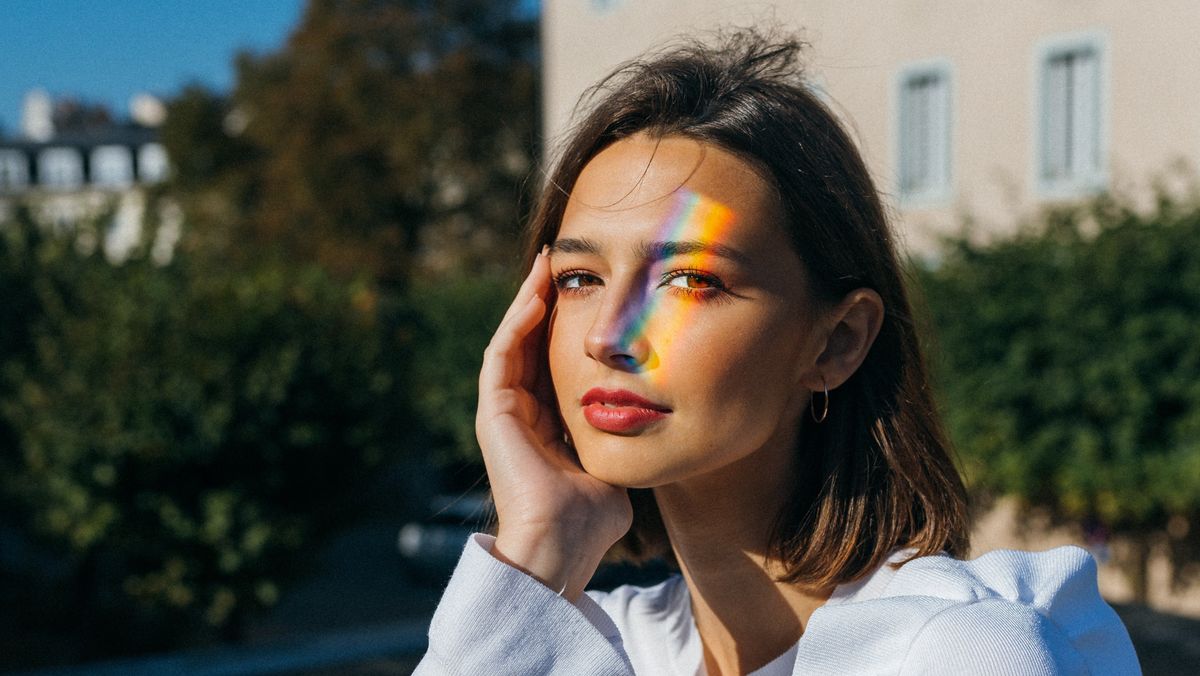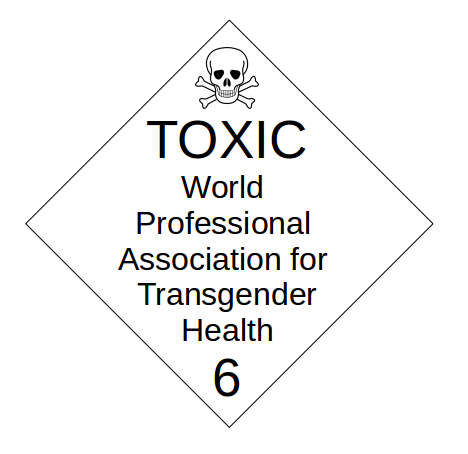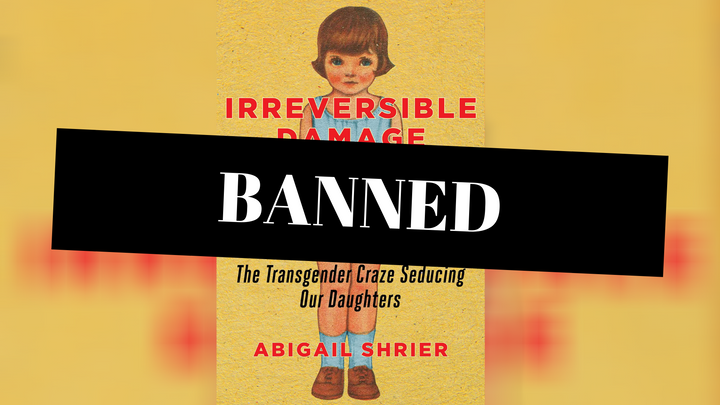Coming Out to My Boyfriend’s Family on Thanksgiving
Being an invisible bisexual in a straight-passing relationship

The conversation started out fairly innocuously.
“My friend is mostly gay, but sometimes he gets crushes on girls,” said my boyfriend’s sister, Nicole. She’s a senior in college at Texas A&M, fairly conservative, but always open-minded and non-judgmental. Her mostly-gay friend has proved to be an endless source of entertaining stories.
We’re preparing our all-vegan Thanksgiving on Wednesday morning at my boyfriend, Alex’s, family home in Houston. He has gone out with his dad to pick up one of their three grandmothers. His sister, mom, and I are chatting in the kitchen while the meal is prepared — mostly debating the merits of different egg replacers.
“How can someone be mostly gay?” his mom asks.
I’ve talked about gayness with his family before. A couple of months ago, we attended the wedding of two of our close friends, both men. When we returned from Baltimore and showed pictures of the beautiful ceremony to Alex’s great grandmother, a tiny Persian woman who still serves as the matriarch of the family, she asked where the bride was.
“There is no bride, it’s two men,” we helpfully explained.
“Ugh! I hate them!” she declared, pushing the phone away and closing her eyes, as if she could remove the grotesque scene from her memory.
Alex’s mom intervened, “How can you say that? You don’t even know them,” she scolded her grandmother.
We were told to not upset grandma next time — she’s 95 years old and doesn’t know any better. She grew up in different times. Never mind that Bahá’u’lláh is all-loving and she had asked to see the wedding pictures, anyway.
Nicole responded to her mom’s question in the kitchen with a laugh and a flick of her long, dark hair. “Bisexuals do exist, mom!” She rolled her eyes towards me and grinned, clearly excited to have something to show her mother up on.
“I’m not sure I think that’s real,” her mom replied. A heavy tension suddenly filled the air.
Did my boyfriend’s mom really not know after four years that I am bisexual?
I haven’t been secretive or closeted about my orientation for nearly a decade. I’ve always been pretty open about my past, am not shy to mention my female exes, and proudly wear a bi flag pin on my bag.
The fact that I’m bi always seemed like a given, obvious to anyone who knows me. But, I guess to my boyfriend’s mom, I’m just the nice girl from Pennsylvania her son brought home. We haven’t really talked about my past, exes, or sexual attraction. Why would we? She would have no reason to assume I’m anything but straight.
Before I had fully decided it was what I wanted to do, I found myself stammering a response.
“I’m b… I’m bisexual, actually.”
I smiled and tried to make it seem casual. There was a long, pregnant, pause.
Nicole came to my rescue, “I took a whole class on this, mom! There’s the Kinsey Scale, and most people actually fall between fully gay or fully straight. I think I’m probably like a 2 or 3 on the scale,” she proudly declared. We locked eyes and smiled nervously at each other — had she just come out to her mom, too?
If her mom replied, I honestly don’t remember what she said. I spent the next ten minutes replaying the conversation up to that point in my head. Why had I stammered? What was I afraid of?
The answer was painfully obvious. I was afraid that my boyfriend’s mom wouldn’t take me seriously as his partner if she knew I was bisexual. All of the stereotypes of bi women ran through my head, and I compared myself against them one by one.
Bi women are promiscuous. They can’t pick a side. A bi girl will definitely cheat on you.
Alex and I have been together for nearly four years now, and we’ve never had infidelity in our relationship. We are very much committed to each other, and, although I’m not so keen on the institution of marriage itself, I’m fairly confident that I want to spend the rest of my life with him.
These stereotypes are not only untrue, but harmful.
According to a 2010 report by the CDC bisexual women are more likely to experience sexual violence or domestic abuse than both lesbians and heterosexual women. The numbers are truly staggering: 74.9% of bisexual women report experiencing sexual violence, compared to 46.4% and 43.3% percent of lesbians and straight women, respectively.
The Independent reported that researchers in the field of intimate partner violence have identified three main causes for this major gap: substance misuse, hypersexualization, and biphobic harassment.
I’ve certainly experienced my fair share of this. The hypersexualization that led to me being sexually assaulted by multiple of my “friends” is the same hypersexualization that made me afraid my boyfriend’s mom wouldn’t take me seriously.
No, I’m not going to cheat on your son, is what I really wanted to say.
But also, yes, I do exist.
Being bisexual in an apparently heterosexual relationship means constantly coming out, over and over again. When I go with my partner to Pride, we look like we don’t belong. Maybe he doesn’t, but I certainly do. Being in a committed relationship with a man doesn’t make me less bisexual. I still experience attraction to people of both sexes. Your sexual orientation doesn’t change based on who you are dating.
Passing as straight is something I never wanted to do. Sure, it affords me certain privileges. I’m not afraid to hold my boyfriend’s hand in public, I don’t have to worry about our legal rights as a couple being taken away, and I know our families will accept us as a couple.
But being in a straight-passing relationship also means a little part of me is hidden, closeted against my will, until I drag it back out into the light. I have to find a new bi flag button to put on my bag. I had to make sure to bring it up in conversation. I have to not only be out but be loud about it if I want people to see my whole self.
Since I refuse to be erased, I guess this is a conversation I should get used to having.
Originally published in PS. I Love You, CC-BY-SA, M. K. Fain
The generous support of our readers allows 4W to pay our all-female staff and over 50 writers across the globe for original articles and reporting you can’t find anywhere else. Like our work? Become a monthly donor!
Enter your email below to sign in or become a 4W member and join the conversation.
(Already did this? Try refreshing the page!)




Comments